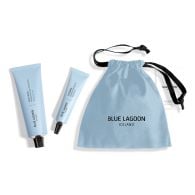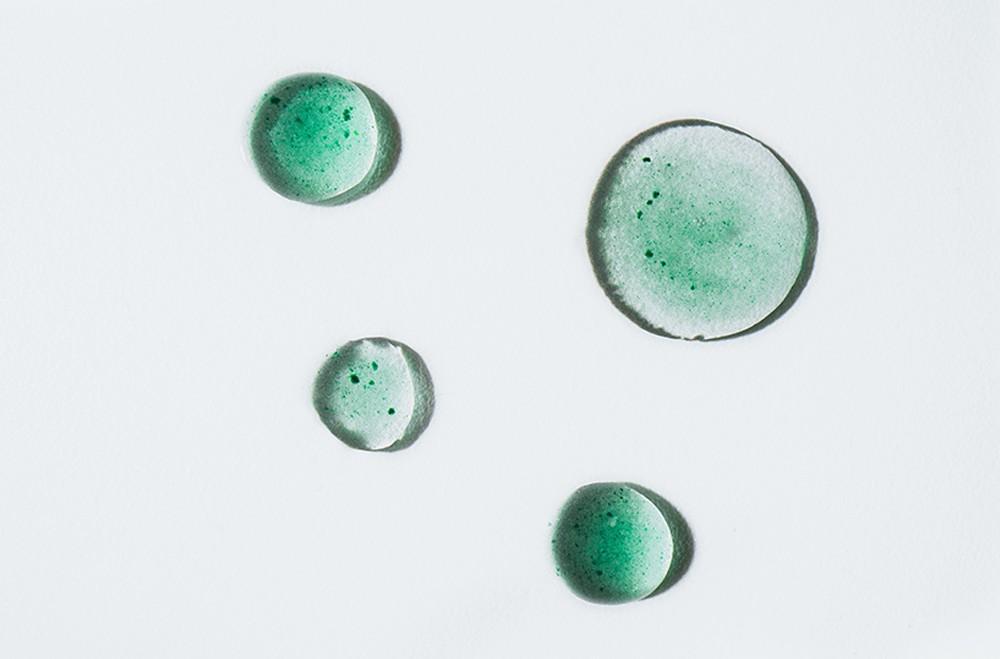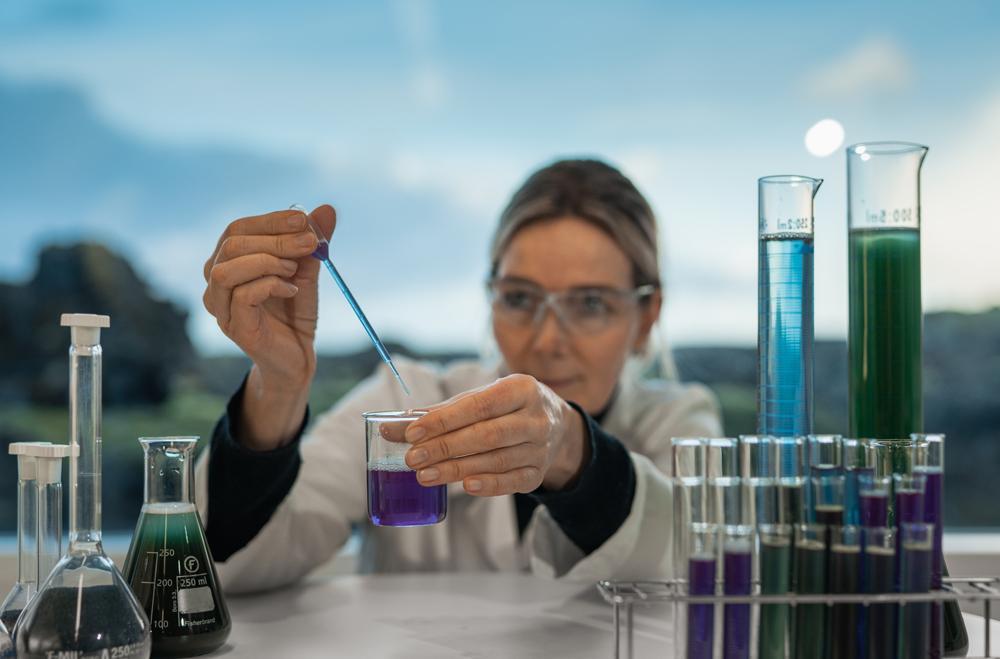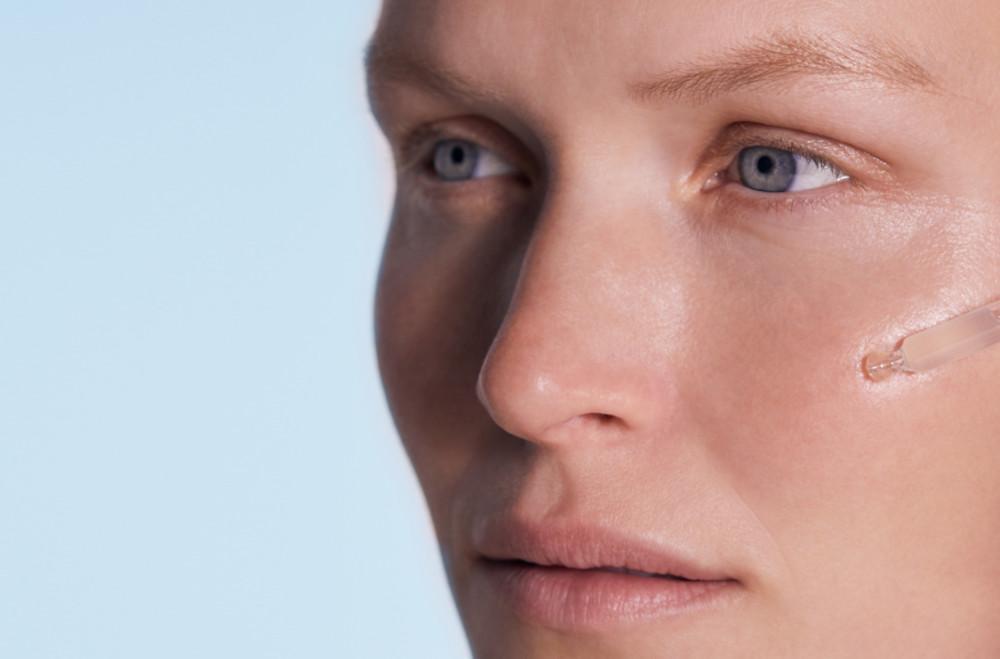Vitamins for skin: benefits and best nutrients for skin health
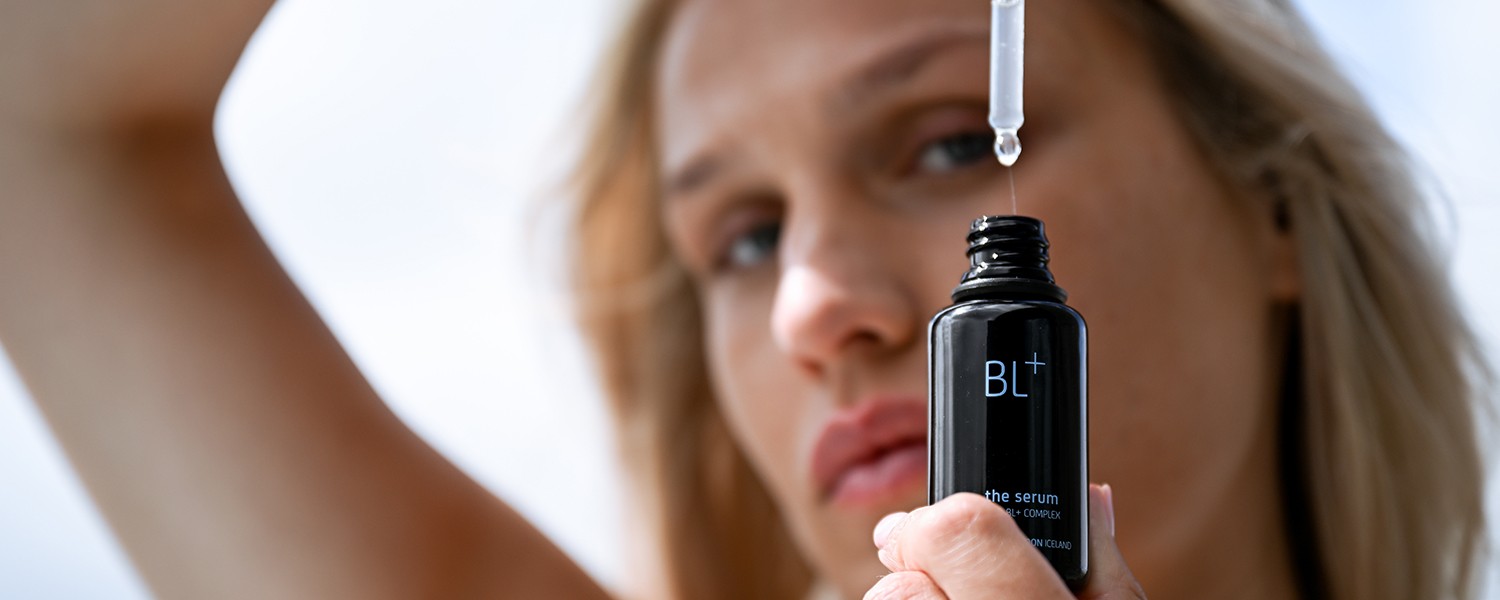

What are the benefits of vitamins for the skin?
Most people think about vitamins in terms of their nutritional value, but we like to think about vitamins in regard to what they can do for our skin. Skin is, after all, our largest organ, and keeping it healthy is of paramount importance. Ahead, as we discuss and elaborate on the benefits of vitamins for the skin, we will focus on vitamins that are applied topically, not vitamins we get from food or supplements.
First, what exactly are vitamins? Vitamins are micronutrients required by the body to carry out a range of essential functions, like making our bones strong and regulating hormones. However, these micronutrients are not produced in our bodies and must be derived from the food we eat—or the skincare products we use. Vitamins are generally classified as either fat-soluble or water-soluble. Fat-soluble vitamins (vitamins A and E, for example) tend to have a long-lasting impact on your body because they accumulate in tissue. Water-soluble vitamins (like vitamin C) do not stay in the body for long and cannot be stored, so you need a more regular supply.
In regard to skin health, vitamins C and E are the most essential, with each possessing multiple benefits.
What are the benefits of vitamins for the skin?
Most people think about vitamins in terms of their nutritional value, but we like to think about vitamins in regard to what they can do for our skin. Skin is, after all, our largest organ, and keeping it healthy is of paramount importance. Ahead, as we discuss and elaborate on the benefits of vitamins for the skin, we will focus on vitamins that are applied topically, not vitamins we get from food or supplements.
First, what exactly are vitamins? Vitamins are micronutrients required by the body to carry out a range of essential functions, like making our bones strong and regulating hormones. However, these micronutrients are not produced in our bodies and must be derived from the food we eat—or the skincare products we use. Vitamins are generally classified as either fat-soluble or water-soluble. Fat-soluble vitamins (vitamins A and E, for example) tend to have a long-lasting impact on your body because they accumulate in tissue. Water-soluble vitamins (like vitamin C) do not stay in the body for long and cannot be stored, so you need a more regular supply.
In regard to skin health, vitamins C and E are the most essential, with each possessing multiple benefits.
Vitamin C for Ski
Vitamin C is a water-soluble vitamin and potent antioxidant that is used in skincare for addressing some of the most common concerns, like dullness, discoloration, and fine lines. It is most effective at a high concentration, which is why you will most often find it in serum form. The most stable form of vitamin C is water-soluble ascorbyl glucoside, which converts to l-ascorbic acid when absorbed by the skin. In BL+ The Serum and BL+ Eye Serum, vitamin C fights against environmental aggressors and free radical damage while also brightening skin and preventing the formation of dark spots.
Vitamin C for Skin
Vitamin C is a water-soluble vitamin and potent antioxidant that is used in skincare for addressing some of the most common concerns, like dullness, discoloration, and fine lines. It is most effective at a high concentration, which is why you will most often find it in serum form. The most stable form of vitamin C is water-soluble ascorbyl glucoside, which converts to l-ascorbic acid when absorbed by the skin. In BL+ The Serum and BL+ Eye Serum, vitamin C fights against environmental aggressors and free radical damage while also brightening skin and preventing the formation of dark spots.
Vitamin E for Skin
Vitamin E is a fat-soluble vitamin with high concentrations in the skin (specifically, the sebum) and fatty tissues. Unlike plants, humans cannot synthesize vitamin E, so we must obtain it through food (leafy greens, avocados, nuts) or apply it directly onto the skin. In skincare products, including ours, vitamin E appears on the ingredient label as tocopherol or alpha-tocopherol, its most biologically active form. For over seven decades, vitamin E has been studied for its powerful antioxidant properties and ability to protect the skin from free radicals. Vitamin E is also an intensely hydrating molecule with moisturizing and soothing properties that help to preserve the integrity of the skin’s moisture barrier. This is due to the fact that vitamin E works both as a humectant—helping to absorb water into the skin—and as an emollient to trap water in the skin.
Vitamin E is beneficial for most skin types and because it is fat-soluble, incorporating it into a skincare routine through oils, balms or moisturizers is ideal. For sensitive skin, we recommend Mineral Moisturizing Cream with skin-softening vitamin E and mineral-rich bioactive Blue Lagoon Seawater. The gentle formula helps soothe dry, irritated, and sensitive skin as it moisturizes and restores the skin barrier. Vitamin E is also a key component of our Rejuvenating Lip Balm. This nurturing formula combines vitamin E with Blue Lagoon Microalgae, restoring dry lips to their natural softness as it seals in moisture and gives them a full and plump look.
Vitamin E for Skin
Vitamin E is a fat-soluble vitamin with high concentrations in the skin (specifically, the sebum) and fatty tissues. Unlike plants, humans cannot synthesize vitamin E, so we must obtain it through food (leafy greens, avocados, nuts) or apply it directly onto the skin. In skincare products, including ours, vitamin E appears on the ingredient label as tocopherol or alpha-tocopherol, its most biologically active form. For over seven decades, vitamin E has been studied for its powerful antioxidant properties and ability to protect the skin from free radicals. Vitamin E is also an intensely hydrating molecule with moisturizing and soothing properties that help to preserve the integrity of the skin’s moisture barrier. This is due to the fact that vitamin E works both as a humectant—helping to absorb water into the skin—and as an emollient to trap water in the skin.
Vitamin E is beneficial for most skin types and because it is fat-soluble, incorporating it into a skincare routine through oils, balms or moisturizers is ideal. For sensitive skin, we recommend Mineral Moisturizing Cream with skin-softening vitamin E and mineral-rich bioactive Blue Lagoon Seawater. The gentle formula helps soothe dry, irritated, and sensitive skin as it moisturizes and restores the skin barrier. Vitamin E is also a key component of our Rejuvenating Lip Balm. This nurturing formula combines vitamin E with Blue Lagoon Microalgae, restoring dry lips to their natural softness as it seals in moisture and gives them a full and plump look.
Vitamins for Glowing Skin
Used together, vitamin C and vitamin E are an anti-aging powerhouse. They protect skin from free radical damage while keeping it soft, glowy, hydrated, and firm. If you’re not using vitamins on your skin, now is the time to start. Learn more about how to incorporate vitamins into your daily routine for optimal skin health in The Glowing Skin Diet.
Vitamins for Glowing Skin
Used together, vitamin C and vitamin E are an anti-aging powerhouse. They protect skin from free radical damage while keeping it soft, glowy, hydrated, and firm. If you’re not using vitamins on your skin, now is the time to start. Learn more about how to incorporate vitamins into your daily routine for optimal skin health in The Glowing Skin Diet.

